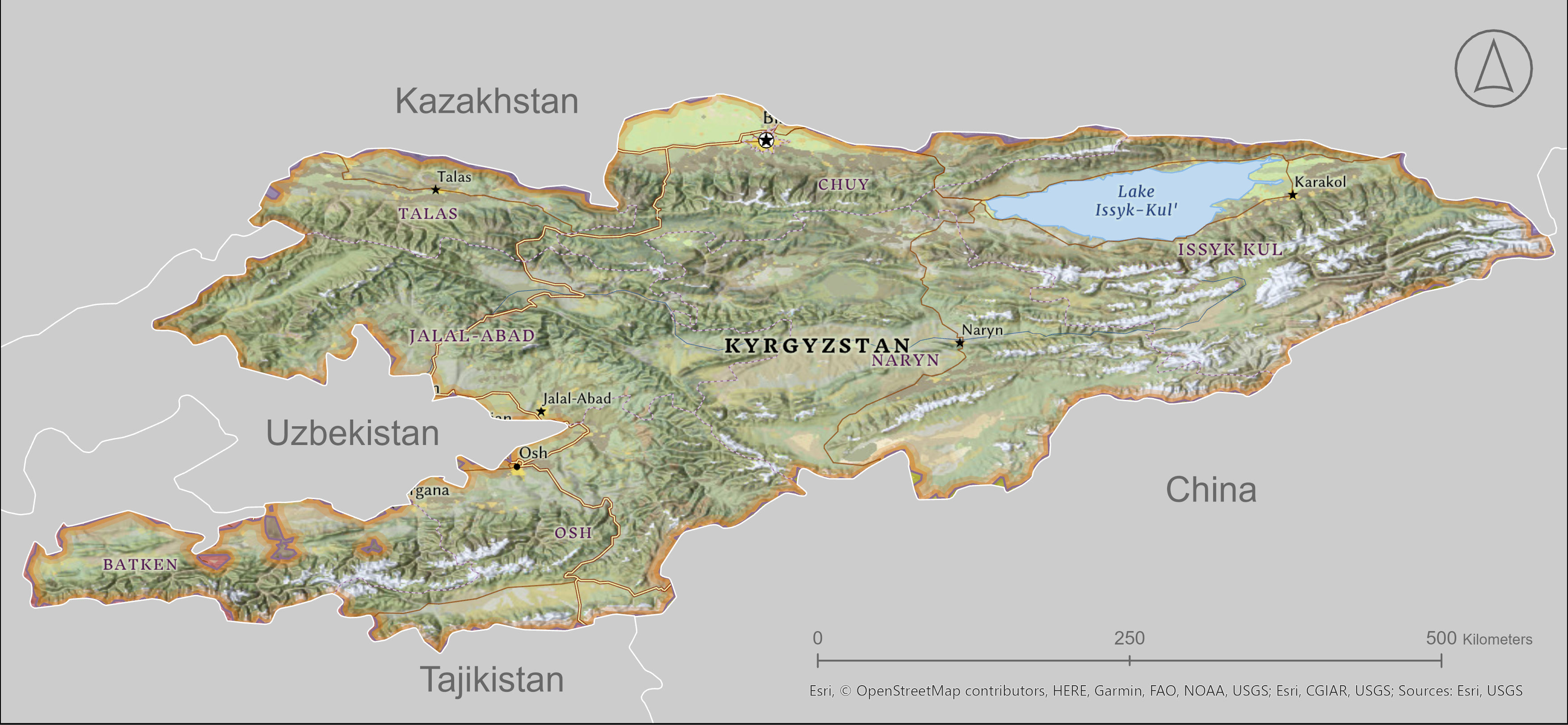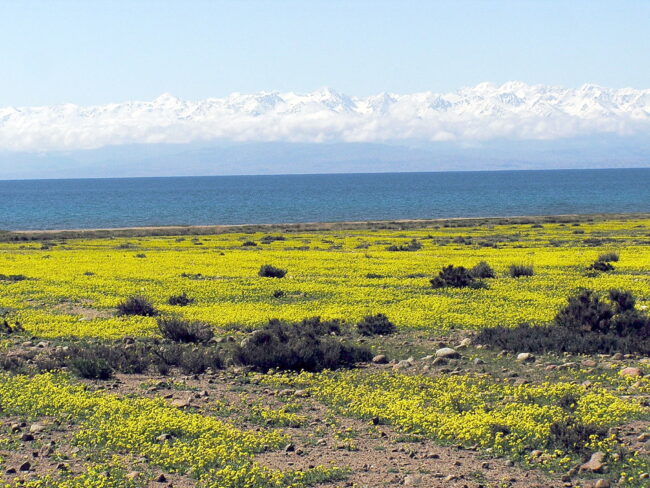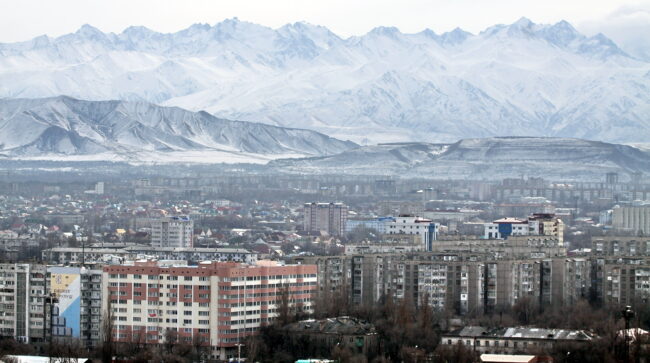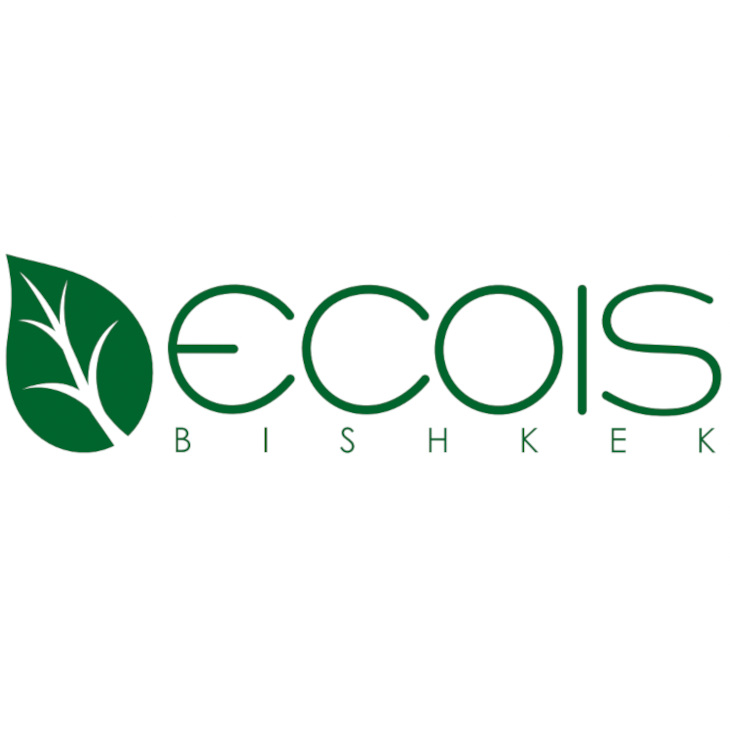Kyrgyzstan
Kyrgyzstan is a landlocked country in Central Asia, bordering Kazakhstan, China, Tajikistan and Uzbekistan. It is “the most” landlocked state as it is farther away from the sea than any other country in the world. Also all Kyrgyzstan rivers flow into closed drainage systems, which waters do not reach the sea. Kyrgyzstan is a high lands country. The mountainous region of Tian Shan covers more than 80% of the country. For that reason Kyrgyzstan is often referred to as “the Switzerland of Central Asia.”

The official capital and the largest city is Bishkek with population of about 1 million people. The second biggest city of Kyrgyzstan is Osh (500,000 people), which is also called the southern capital.
Kyrgyzstan’s population is about 6.6 million people. The population of Kyrgyzstan is rather young. People under the age of 15 make more than 34% of total population. The country is mostly rural: only about one-third of the population live in urban areas. The average population density is 25 people per km2.

фото: Влад Ушаков

Major environmental problems in the country
Kyrgyzstan has numerous environmental problems. The country is rich in all sorts of mineral deposits, including mercury, antimony, lead, zinc, copper, uranium, etc. The wastes of the mining industry contaminated fragile mountain environment in more than 300 locations. It was assessed that there are over 250 million cubic meters of wastes at 92 currently inventoried mining sites. These wastes contain serve as the source of pollution, that in some cases contaminate populated areas and cause health problems related to toxic heavy metals and radioactive materials. Most of mining wastes are situated in river basins and since Kyrgyzstan is prone to natural disasters such as earthquakes and landslides, these wastes pose high risk of trans-boundary pollution.


Another big national problem is contamination with obsolete pesticides in some location. The country does not have resources to clean up polluted areas and destroy remaining stocks of DDT, lindane, hexachlorinehexane, and other persistent organic pollutants (POPs).
Other national problems include: scarcity of water resources in some areas, water pollution, city air pollution, household solid waste management, degradation of natural ecosystems, and other. Some global environmental problems also have a significant impact on the country, including: Global climate change, ozone layer depletion, desertification, and biodiversity loss.


